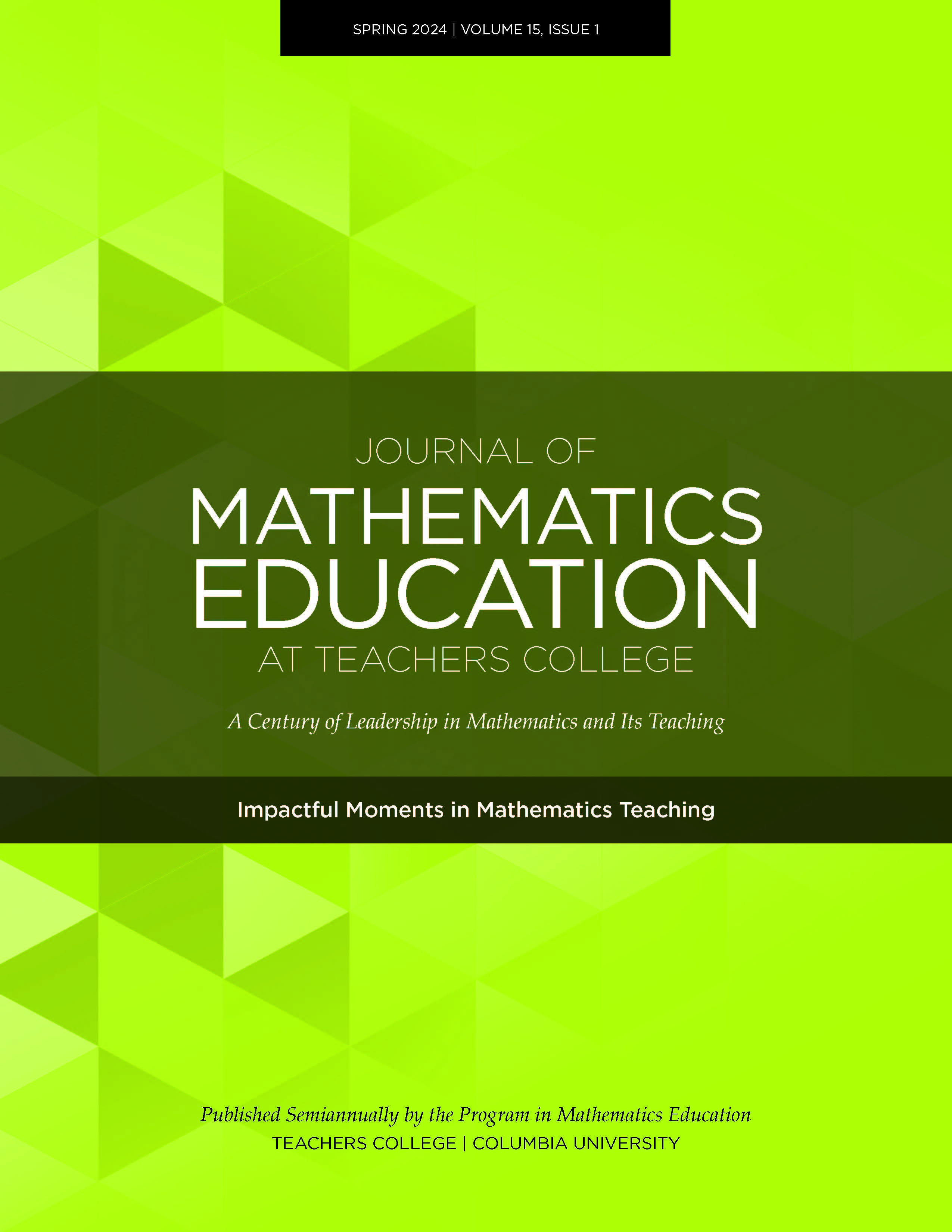Effect of Mathematical Games on Senior Secondary School Students’ Achievement in Mathematics According to Gender Effect of Mathematical Games on Students’ Achievement in Mathematics According to Gender
Main Article Content
Abstract
Playing mathematical games helps many senior secondary school students—especially girls—acquire basic mathematical skills, but it can be difficult. Thus, this study examined how gender-related mathematical gameplay affects secondary school students' performance. The design of the study was quasi-experimental. Purposively, a sample of fifty senior secondary school students from the Federal Capital Territory (FCT) of Nigeria's Abuja Council Area was chosen. Using a coin toss, the researcher randomly allocated intact classes to the experimental and control groups. An algebraic achievement test administered before and after the treatment determined the students' achievement level. T-tests, means, and standard deviation were used to analyze the data. According to the study, among students who played mathematics games, female students had a higher mean score than male students. The findings imply that mathematical games enhance mathematics teaching and learning and should thus be encouraged and used by teachers to introduce concepts in mathematics to students at different levels, irrespective of their gender.
Article Details

This work is licensed under a Creative Commons Attribution 4.0 International License.

